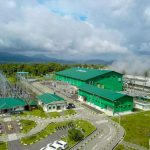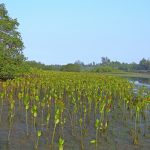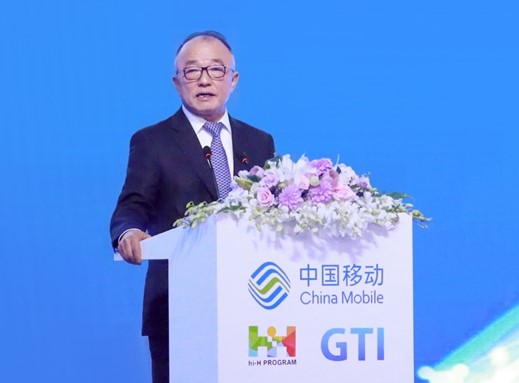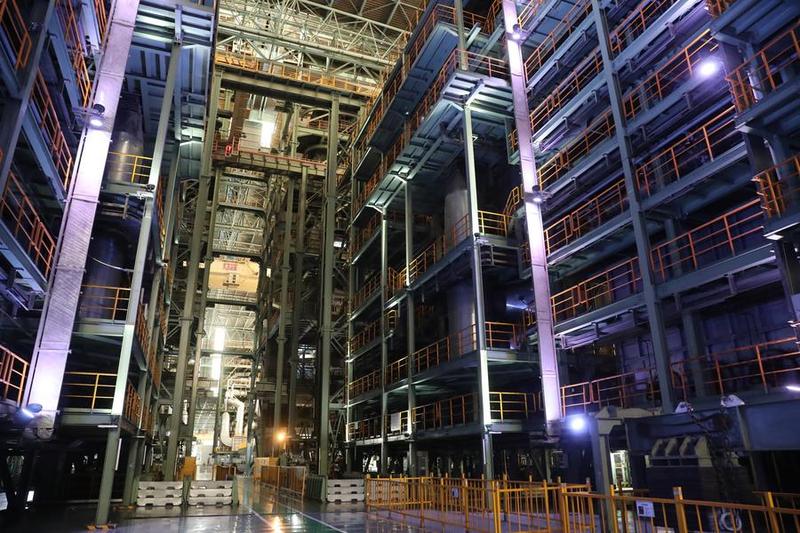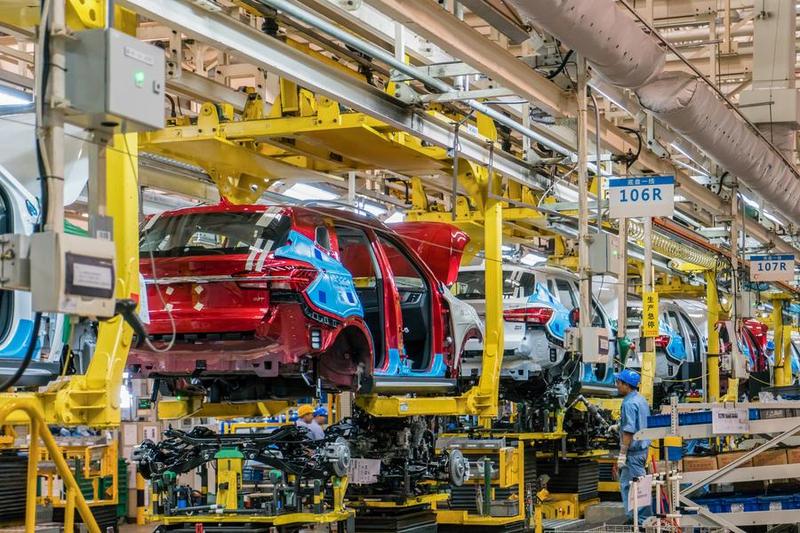A waste treatment technology for villages above the sea

Jakarta (Indonesia Window) – Located about 600 meters from the mainland with wooden houses on stilts, Torosiaje Village in the western part of Indonesia’s province of Gorontalo is a tourist attraction worth visiting.
However, villagers in Tomini Bay which is inhabited by the Bajo tribe, have no domestic sewage or septic tank yet.
Due to such a condition, the stool is disposed directly into the sea, according to a report from the Agency for the Assessment and Application of Technology (BPPT) as quoted in Jakarta on Sunday.
The Director of the BPPT Environmental Technology Center, Rudi Nugroho, said his party has a Waste Water Treatment Plant (IPAL) technology with an anaerobic-aerobic combination process. BPPT technology has been widely applied in buildings of offices and industries.
“To deal with the problem of waste from toilets, anaerobic-aerobic technology is very appropriate. But the challenge is to build this system in settlement areas on the sea as sea water can move ups and downs,” said Rudi.
He thus suggested that people use faecal storage tubs under their houses, and separate ducts of toilet waste from those of washing and bathing waste in order to optimize the work process of the Waste Water Treatment Plant.
“Separation of the ducts aims to facilitate the work of microbes in breaking down bacteria and dirt in the septic tank. If these microbes are mixed with chemicals from dish soap, shower soap, and shampoo, then these microbes will die and as a result, domestic waste will be difficult to decompose,” he explained.
Rudi added that the processed water from the technology has met clean water quality standards that could be used for non-consumption activities, such as watering plants and washing vehicles.
To start applying this technology in the village of Torosiaje, BPPT and the Government of Pohuwato Regency will build a pilot village using the waste treatment technology.
Meanwhile, Regent Pohuwato Syarif Mbuinga the local government has so far tried various domestic waste treatment technologies, but no one has really given any permanent solution.
Syarif has set a target that by 2020 Torosiaje Village consisting of 480 families with 350 houses will have adequate toilet facilities.
The technology from BPPT is expected to help Torosiaje Village become an increasingly attractive tourist destination for both domestic and foreign tourists.
Reporting by Indonesia Window



